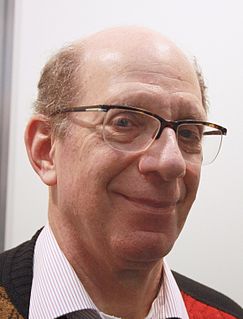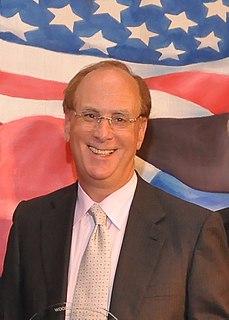A Quote by Safra A. Catz
My best decision was to choose to go to Wall Street over law. I learned a lot and focused on the expanding software industry at a time when the independent software industry was just beginning.
Related Quotes
I had a lot of preconceived notions going in the Wall Street. It wasn't an industry that I really respected much. My feeling was kind of like look, you're not making anything. You're taking money from one place, putting it in another and taking your cut and that's just not really kind of soul-satisfying at the end of the day, but what I learned is, on a larger scale is how much the Wall Street industry funnels and fuels so many others. There is a lot of good that these guys do, and to lump all traders into a category is as insane as lumping any group of people into one category.
I'm not of the opinion that all software will be open source software. There is certain software that fits a niche that is only useful to a particular company or person: for example, the software immediately behind a web site's user interface. But the vast majority of software is actually pretty generic.
There's a strong distinction to be made between dry code smart contacts and wet code's physical law. So law is based on our minds, our wetware - it's based on analogy. The law is more flexible; software is more rigid. Various laws tend to be batched in jurisdictional silos. Software tends to be independent.
I named my software 'EMAIL,' (a term never used before in the English language), and I even received the first U.S. Copyright for that software, officially recognizing me as The Inventor of Email, at a time when Copyright was the only way to recognize software inventions, since the U.S. Supreme Court was not recognizing software patents.


































